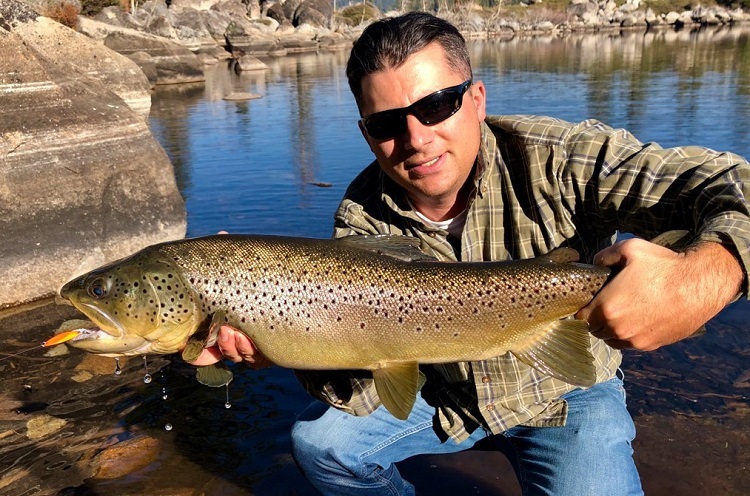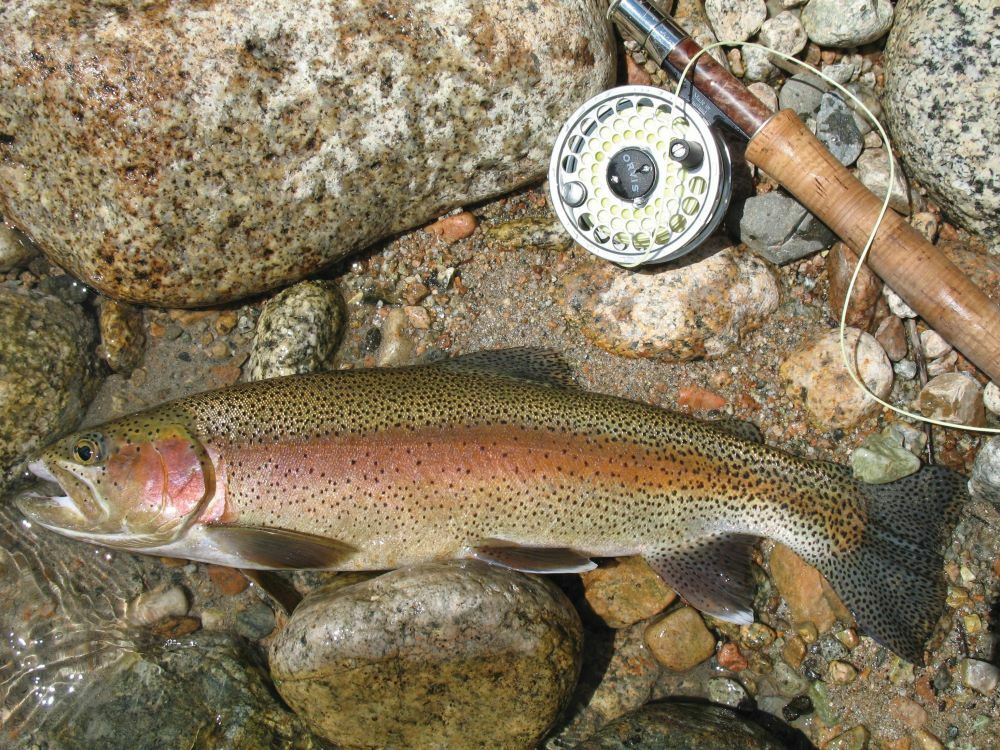Annual Quarantine of Sport Harvested Mussels Began May 1

Photo Credit: CDFW
by California Department of Fish & Wildlife
5-3-2022
Website
The California Department of Public Health (CDPH) announced the annual quarantine of sport-harvested mussels gathered along the California coast. The quarantine began May 1 and applies to all species of mussels that are recreationally harvested for human consumption along the California coast, including all bays and estuaries.
During the quarantine, mussels should only be harvested for use as bait. The quarantine is in place to protect the public against poisoning that can lead to serious illness, including coma and death.
The quarantine is designed to prevent paralytic shellfish poisoning (PSP) and domoic acid poisoning, also known as amnesic shellfish poisoning, in people who might otherwise consume sport-harvested mussels. Both poisonings are from naturally occurring toxins produced by certain phytoplankton consumed by shellfish, including mussels and clams. Cooking does not destroy the toxins.
Historically most human cases of PSP illnesses occurred between spring and fall. In California, PSP is now extremely rare due to CDPH's efforts to protect the public against poisoning. There have been no reported human cases of domoic acid poisoning in California.
Early symptoms of PSP include tingling of the lips and tongue, which may begin within minutes of eating toxic shellfish. These symptoms are typically followed by a loss of balance, lack of muscular coordination, slurred speech, and difficulty swallowing. In severe poisonings, complete muscular paralysis and death from asphyxiation can occur.
Symptoms of mild domoic acid poisoning may include vomiting, diarrhea, abdominal cramps, headache, and dizziness. In severe cases, the victim may experience trouble breathing, confusion, disorientation, cardiovascular instability, seizures, excessive bronchial secretions, permanent loss of short-term memory, coma, or death.
Commercially harvested shellfish are not included in the annual quarantine because all commercial harvesters in California are certified by CDPH and subject to strict testing requirements to ensure that all oysters, clams, and mussels entering the marketplace are safe.
More information about the quarantine, PSP and domoic acid can be found on the CDPH Annual Mussel Quarantine - Frequently Asked Questions (FAQ) Web page.
For updated information on quarantines and shellfish toxins, visit the recreational bivalve shellfish advisory interactive map or call the CDPH Biotoxin Information Line at (800) 553-4133. For additional information, please visit the CDPH Marine Biotoxin Monitoring Web page.
More Reports

4-28-2022
The traditional trout season opener the last Saturday in April remains one of California’s most celebrated and anticipated outdoor traditions,...... Read More
California Department of Fish & Wildlife Reports
for Thursday, April 21st, 2022
• New Bacterial Outbreak Confirmed at Two Eastern Sierra Fish Hatcheries
• How high can rainbow trout jump?
